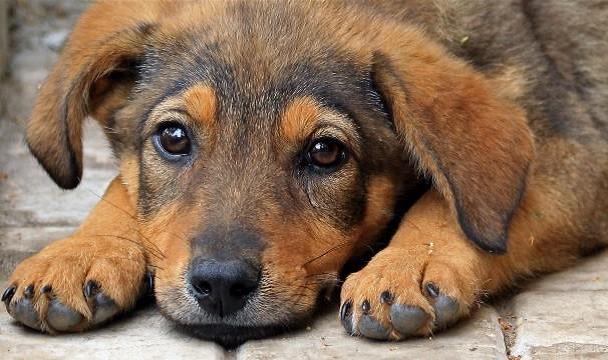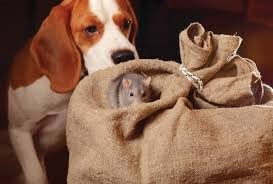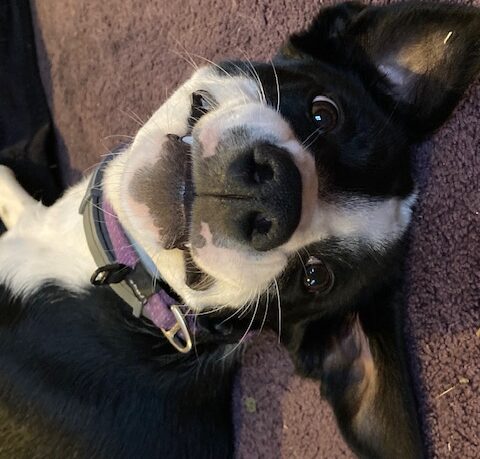Parvovirus

This is always present but some years are worse than others. The virus can survive in the environment for up to two years and affects dogs of all ages. Spread is from contaminated faeces in dirt accidentally being eaten when dogs clean their fur and paws, or chew toys and bones that have been on the ground. It can be carried on fur and clothes from place to place as well as through faeces.
Dogs of any age are affected. It causes damage to any cells that are dividing so targets the gut lining and the immune system most as these cells have the highest rate of turnover. Puppies are harder hit than adults as the whole dog is growing with more cell division than adults. It takes 10 days from the time of infection to illness with illness lasting at least 5 days. A recent outbreak in Taihape had a mortality rate of over 50% in pups up to 6 months old with all affected pups being very ill with vomiting and diarrhoea. Older dogs still become sick with diarrhoea being the most common sign but most will recover. Treatment is supportive based on control of other infections and to provide hydration until the dogs’ own immune system can eliminate the virus.
Vaccination is the best prevention. Ideally dogs should be done as pups from 6 weeks old until at least 10 weeks, then as a one year old and again as adults every 2 – 3 years. Vaccination takes at least 5 days to start to become effective so is important to have done prior to getting a new puppy if you live in a parvovirus hot spot, and is needed before your dog can go to any boarding kennel.



